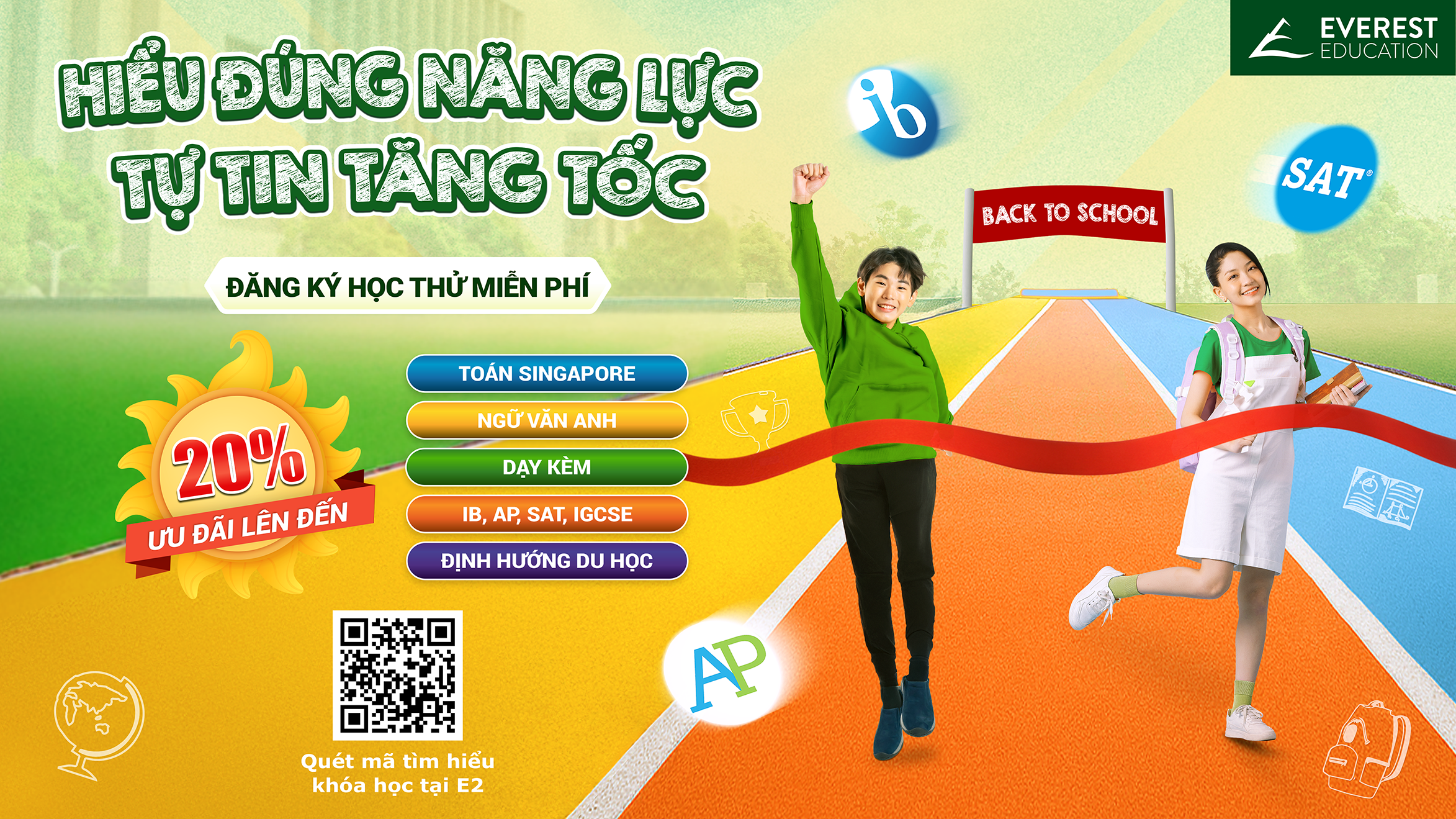For children, paying attention in class is a challenge. Kids won’t achieve well academically if they can’t concentrate in class. Fortunately, there are a few easy things that parents may tell their children to help them be attentive in the lesson and get better outcomes. Concentration is like a muscle that has to be exercised regularly to keep in shape. Each tip below will be a suggestion for improving your child’s attention.
Parents may discover more about why your children are unable to concentrate in school here.
7 ways for keeping children attentive in the lesson
1. Have enough sleep
Maintain a proper sleep schedule for your children. Even on weekends, go to bed and wake up at about the same hour.
Before bed, do something relaxing. This will signal to the kid’s mind and body that it is time to sleep. Do something non-technological, such as reading a book or having a warm bath.

2. Take notes
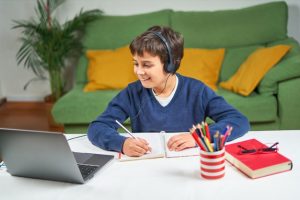 Tell your children that taking notes causes them to think about what they’re learning. Not only does this suggest that children are paying attention, but it also means that they are more likely to remember what is spoken as a result.
Tell your children that taking notes causes them to think about what they’re learning. Not only does this suggest that children are paying attention, but it also means that they are more likely to remember what is spoken as a result.
3. Get involved in discussions
Let your kids know: make your thoughts heard. That’s not to say that they should spend the entire class asking incessant questions. Speaking up once or twice during a discussion is good. If they have a particular point, it’s a good idea to get it said early on while their friends are still getting warmed up and before someone else says it first.
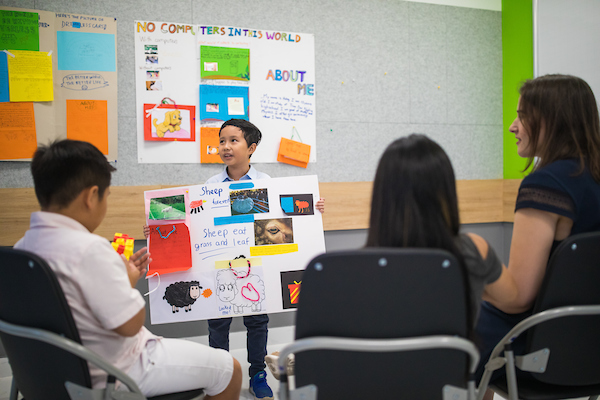
4. Think of questions
Thinking of questions is a good way to keep kids’ brains engaged with the topic at hand. Kids don’t necessarily need to ask them, just think of them and perhaps write them down. If the work is too hard, try to work out what kids would need to know to understand it fully. If it’s too easy, think of what kids would ask to advance to the next level.
5. Do work at the right level of difficulty
Students want to feel challenged but not over-taxed. Work that’s too hard for them is tricky to concentrate on because they might not understand what’s being said; work that’s too easy can be even more of a challenge because it’s liable to make them bored.
In fact, in English courses at Everest Education, students are mastering each sub-skill of listening, speaking, reading, and writing at their own speed and with their own leveled materials. Everest Education students increase their English skills twice as fast as the one-size-fits-all method through this personalized learning approach.
>> Learn more about our English courses here.
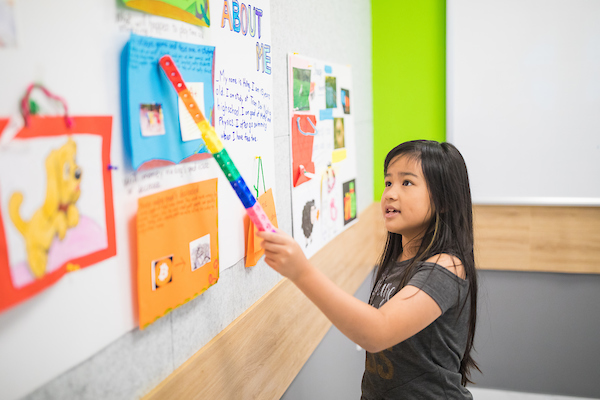
7. Check for medical difficulties
If your child’s doing all of the above and still finding it hard to concentrate, it may be worth considering whether there’s a deeper explanation.
For children who need to wear glasses (be myopic) – or a child who has worn glasses but needs a stronger prescription, paying attention to the board all the time will make them tired and reduce concentration. Also, for children with hearing problems, it will be difficult for them to understand what the teacher is saying. Take a look at the symptoms and visit your doctor if necessary.
8. What Everest Education does to help students focus
At Everest Education, we design our classes to engage students from the start to manage these potential challenges. There are no classes where the teacher stands and lectures at the front of the class. Instead, Everest teachers lead students through fun, challenging activities, and students work through the material individually.
In our Singapore Math courses, students use learning manipulatives and engage their sense of touch while they derive formulas through play. When students encounter new concepts, they grapple with interesting puzzles that make them think and test their hypotheses. Using tools like the bar method, students then use pictures to represent their thinking in a more organized way. Students see and memorize math formulas only once they have demonstrated understanding with their hands and pictures. This Concrete-Pictorial-Abstract (CPA) method ensures that students don’t get bored and that the information is always leveled appropriately for them.
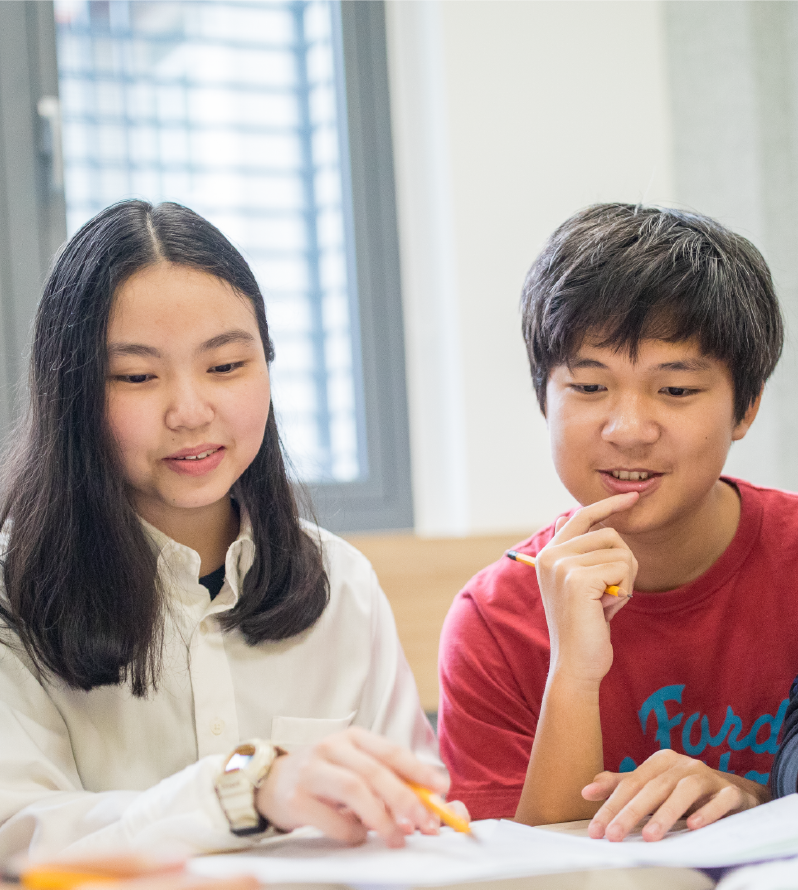 In our English courses, students are mastering each sub-skill of listening, speaking, reading, and writing at their own speed and with their own leveled materials. For example in English reading, students in the same class often have a wide range of reading levels. They each know their own reading levels, and our teachers guide them to choose the books or articles at the right level in Reading A-Z or Newsela. The key: they choose the books that interest them! One boy might choose a book on soccer, while another girl might read about space exploration. This way, instead of acting out in class, students act responsibly. Most importantly, when they see their reading skills develop quickly, they develop innate confidence and a love of learning. Through this personalized learning approach, Everest Education students increase their English skills twice as fast as they would in school alone.
In our English courses, students are mastering each sub-skill of listening, speaking, reading, and writing at their own speed and with their own leveled materials. For example in English reading, students in the same class often have a wide range of reading levels. They each know their own reading levels, and our teachers guide them to choose the books or articles at the right level in Reading A-Z or Newsela. The key: they choose the books that interest them! One boy might choose a book on soccer, while another girl might read about space exploration. This way, instead of acting out in class, students act responsibly. Most importantly, when they see their reading skills develop quickly, they develop innate confidence and a love of learning. Through this personalized learning approach, Everest Education students increase their English skills twice as fast as they would in school alone.




 Tell your children that taking notes causes them to think about what they’re learning. Not only does this suggest that children are paying attention, but it also means that they are more likely to remember what is spoken as a result.
Tell your children that taking notes causes them to think about what they’re learning. Not only does this suggest that children are paying attention, but it also means that they are more likely to remember what is spoken as a result.


 In our
In our 




